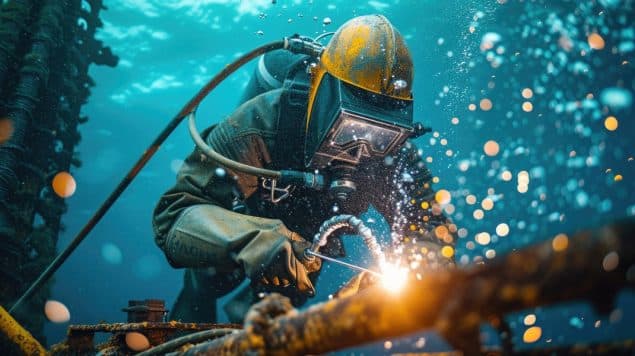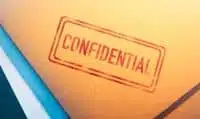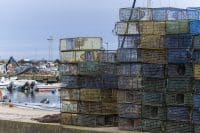Home » Dangerous Jobs • Spotlight • US business news » 10 Incredibly Dangerous Jobs You May Not Know About
10 Incredibly Dangerous Jobs You May Not Know About
https://www.whatjobs.com/news/dangerous-jobs/10-incredibly-dangerous-jobs-you-may-not-know-about

By Hugh Fort in Dangerous Jobs, posted April 12, 2024

Some professions are well-known to be dangerous.
For example, it's no surprise that firefighters or police officers face huge dangers each and every day.
And you really don't want to enter the world of the Amazon gold dredger.
However, there are numerous jobs out there that, despite their inherent risks remain largely out of the public eye.
Here are 10 very dangerous jobs you might not know about.
Underwater Welder
These divers head into the depths to repair structures like oil rigs and pipelines.
They confront the risks of decompression sickness and underwater explosions, often working in complete darkness.
More can be found out about this murky world here.
Snake Milker
This unique role involves extracting venom from deadly snakes, a critical task in developing life-saving antivenom.
The scientists actually carry out some vital work.
However, the work is high risk as it carries out the constant threat of being bitten by highly venomous snakes.
More can be found out about the life of a snake milker here.
High-Rise Window Washer
These workers are tasked with keeping skyscraper windows sparkling, which means they spend most of their time at great heights.
This means they face the dangers of falls and equipment failure while suspended high above the ground.
They also face the challenges of working during strong winds.
Find out more about their work here.
Microchip Manufacturer
Creating microchips doesn't appear to be overly dangerous, but it is.
The creation of microchips requires handling highly toxic chemicals and materials.
Workers in this field are exposed to hazardous substances, risking serious health issues despite strict safety measures.
Alaskan Crab Fisherman
Braving the icy, treacherous conditions of the Bering Sea, these fishermen face hypothermia, drowning, and crushing injuries in one of the most dangerous fishing industries, as dramatized by the popular show "Deadliest Catch."
It's dark, it's cold, and it's incredibly physically demanding.
Find out more here.
Stunt Performer
Stunt performers are highly trained and take part in meticulously planned stunts in major Hollywood movies.
Despite the care and attention that goes into this, they're not foolproof.
Stunt performers risk severe injury or death to bring these thrilling action scenes to life, despite their rigorous training and comprehensive safety precautions.
More about the lives of stuntmen and women can be found here.
Power Line Installer and Repairer
Dealing with high-voltage electricity at great heights, these workers risk electrocution and falls, making it a perilous occupation within the utility sector.
They work at great heights, often in challenging weather conditions, and sometimes even in the middle of the night.
Need Career Advice? Get employment skills advice at all levels of your career
Bush Pilot
Operating in remote areas, bush pilots navigate unpredictable weather and rough terrain to deliver essential supplies, facing high risks in inaccessible regions.
Being a bush pilot is inherently risky due to the challenging environments in which they operate.
These pilots frequently navigate unpredictable weather and rugged terrain, often landing on short, makeshift airstrips. The remote locations also mean that emergency support, if needed, is not readily available.
Demolition Expert
Specializing in controlled demolitions, these experts handle explosives to safely bring down structures, a job requiring precise calculation to avoid unintended harm.
The results of their work are spectacular and the skill and knowledge these people possess is incredible.
However, it is one of those jobs that if it goes wrong, the results could be disastrous.
Toxicologist
Toxicologists specialize in the testing of chemicals and compounds.
They expose themselves to potential health hazards, working with toxic substances despite the risks of exposure-related illnesses.
Follow us on YouTube, X, LinkedIn, and Facebook














